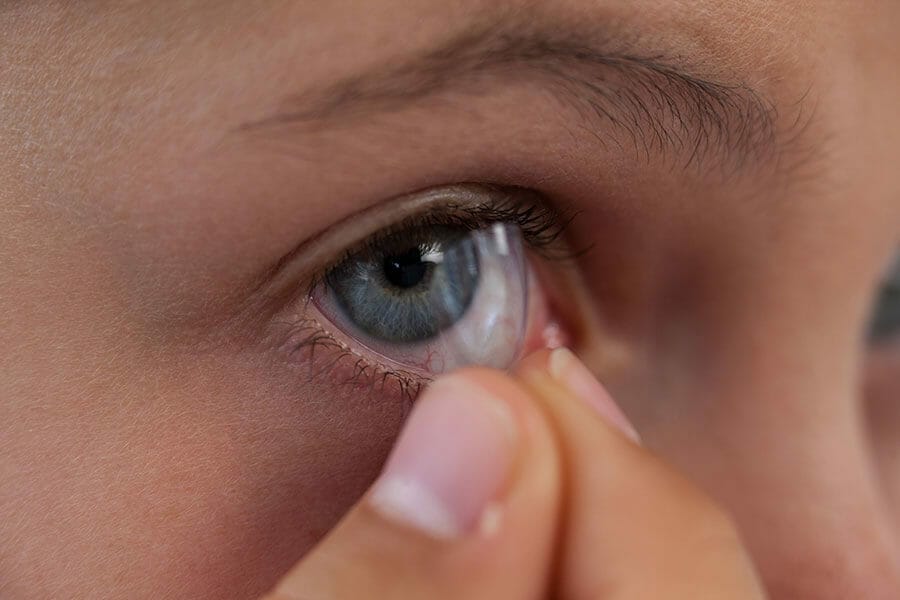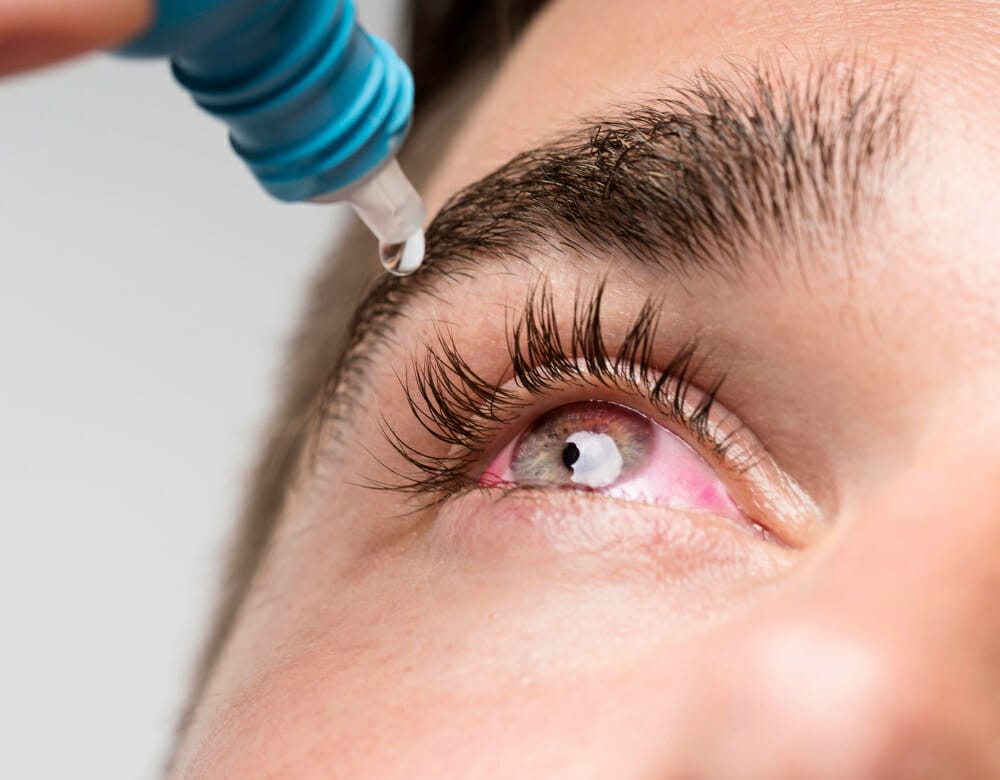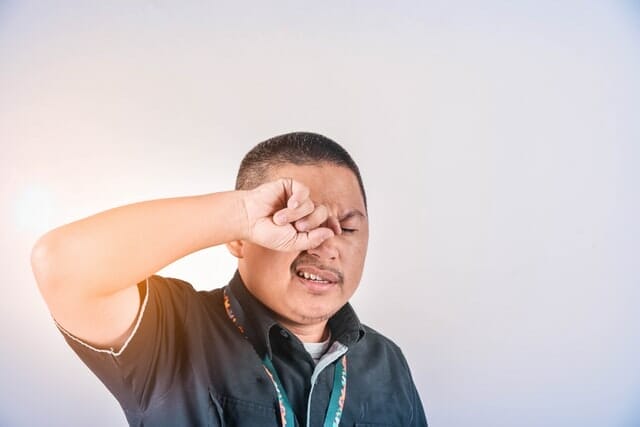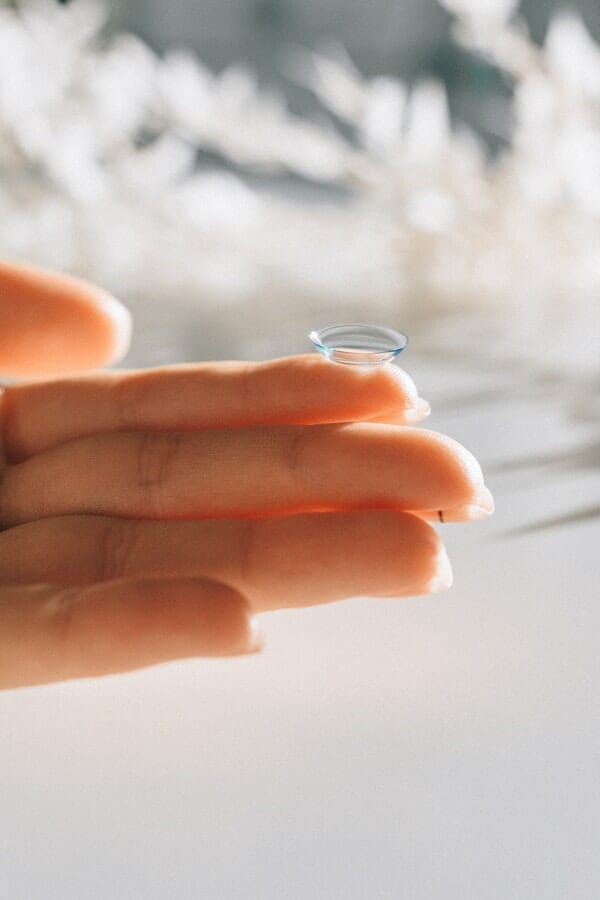Putting on Contact Lenses: Ensure That They Aren’t a Challenge to Put in
Contact lenses shouldn’t be hard to put in, generally speaking, but there are things that can be done to make an issue even more unlikely.
Ensure Proper Fit
Making sure you have properly fitted contacts is important. Improperly fitted lenses are much more likely to be uncomfortable and cause other problems.
A fitting will be done by an eye doctor, and depending on the amount of space between your upper and lower eyelids when they’re open normally, the doctor may recommend a smaller or larger lens size. The doctor may also recommend exercises to ensure you don’t feel a need to blink while inserting the lenses.
It might take some practice, but it will get easier as time goes on.
Do a Dry Run
If you’re having concerns about putting in your contact lenses, a dry run can be a good way of overcoming the fear of putting them in. This is done by practicing touching your eyes in a manner similar to what you’ll need to do when you start putting in your lenses.
To do this, you’ll first need to wash your hands, and then start slowly, touching first the eyelashes, then the upper and lower eyelids, finally working up to the white part of the eye. This will help desensitize your eyes and metnally get you used to the idea of touching your eye itself.
You can also practice holding the eyelid open and miming putting in a contact lens.
As with many things, it’s all in your head.
Your eye doctor can also help with this. Additionally, if you’re worried this might still be an issue, you can opt for lenses like overnight contacts, to limit the amount of time you’ll need to put them in and take them out.
Looking Away
As strange as it might sound, looking away as you put in the lens can help. While for most people, looking directly at the finger with the contact lens on it works just fine, it’s not for everyone.
To help yourself look away, find a mirror that you can sit close to, and position your face near it, and focus on the process of applying the lens as opposed to touching the eye.
Once the time comes to put the lens in, focus your gaze on a spot above you as you put the lens in. If the lens doesn’t land on the precisely right spot immediately, don’t worry. You can easily reposition it by closing your eyes and looking around.



















